Practical Tips for Muslim Travelers in Budapest
Budapest is an amazing city with beautiful buildings, thermal baths, and tons of history. If you're a Muslim traveler, you might wonder how easy it is to maintain your religious practices here. We've put together this guide to help you enjoy Budapest while staying true to your faith.
Finding Halal Food
Budapest has quite a few halal restaurants now, especially around Újlipótváros (the XIII district) just north of downtown. Most places serve Middle Eastern, Turkish, South Asian, and Algerian food, so finding international halal options isn't too hard.
Hungarian dishes made according to halal standards? That's trickier. Hungarian cooking uses a lot of pork and non-halal animal fats. We found one place, Noor Lounge & Restaurant, that actually does Halal Goulash on their Ramadan menu. It's pretty much the only way we've seen to try this famous dish while keeping halal.
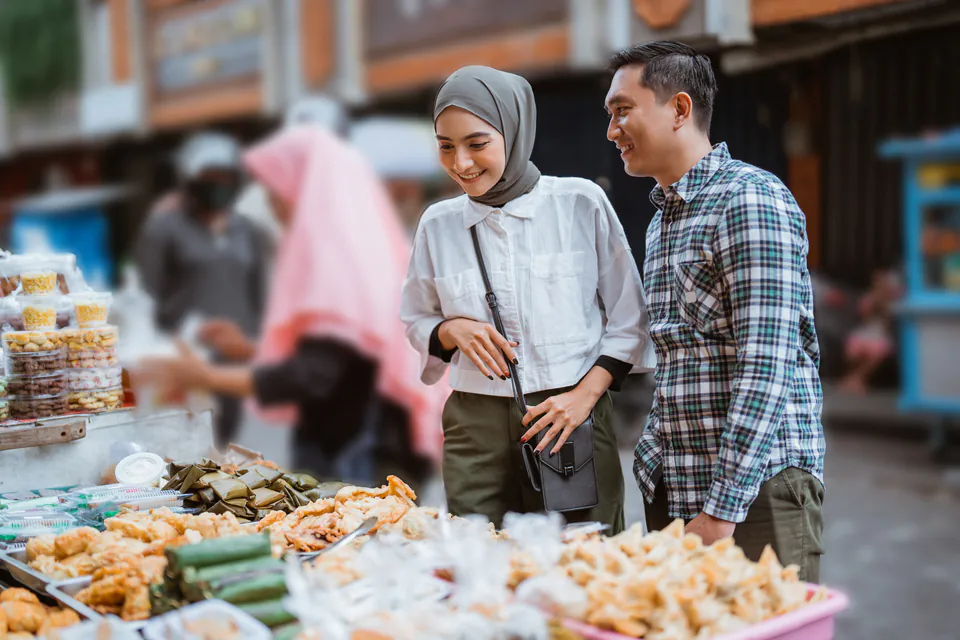
Halal Restaurants We Recommend
The city has tons of places with halal food, from quick bites to fancy dinners:
-
Baalbek Lebanese Restaurant (Váci utca 34) - Right in the center with all halal food and a really cozy vibe. Their lamb kebab and mezze platter are great.
-
Curry House (Horánszky utca 1) - Family-run Indian place. We love their butter chicken, biryani, and the naan bread is always fresh.
-
Titiz Turkish Restaurant (Bajcsy-Zsilinszky út 60) - Turkish family owns this one and locals eat here too, which is always a good sign. The beef kofta and chicken shawarma are our favorites.
-
Szeráj Turkish Restaurant (Szent István krt. 13) - Huge menu with gyros, stews, salads, and desserts. Prices are pretty reasonable too.
-
Mughal Shahi Restaurant (Városmajor utca 57) - Pakistani food. Their chicken biryani and tikka masala are amazing, and the naan is so fluffy.
Notable Halal Eateries in Budapest
| Restaurant | Cuisine | Location | Signature Dishes |
|---|---|---|---|
| Al Amir Étterem | Syrian | Petőfi Sándor u. 18 | Hummus, baklava, Shish Taouk, Aleppo Kebab |
| Bangla Bufe Premium | Bangladeshi/Indian | Akácfa utca 40 | Veggie pakora, chicken curry, mango lassi |
| Indus Restaurant | Indian/Pakistani | Ráday u. 23 | Tandoori specialties (note: serves alcohol) |
| NOOR Lounge | Middle Eastern | Alagút u. 4 | Halal Goulash (during Ramadan) |
| Watan Budapest | Afghan | Check online | Afghan smash burgers |
Where to Buy Halal Groceries and Meat
If you want to cook for yourself or need specific halal ingredients, Budapest has several good options. You won't find halal stuff in regular supermarkets like Spar, Lidl, or Aldi though. Turkish and Middle Eastern grocery stores and butchers are your best bet:
- Turkuaz Market/Butcher (József krt. 37-39) - Has halal meat and Turkish/Middle Eastern groceries
- Maxximarket (Kőbányai út 21) - Big store with Turkish groceries, halal meat, and you can park for free
- Turul Market (Baross utca 109) - Good for halal meat (lamb, veal, chicken), Turkish groceries, and fresh vegetables
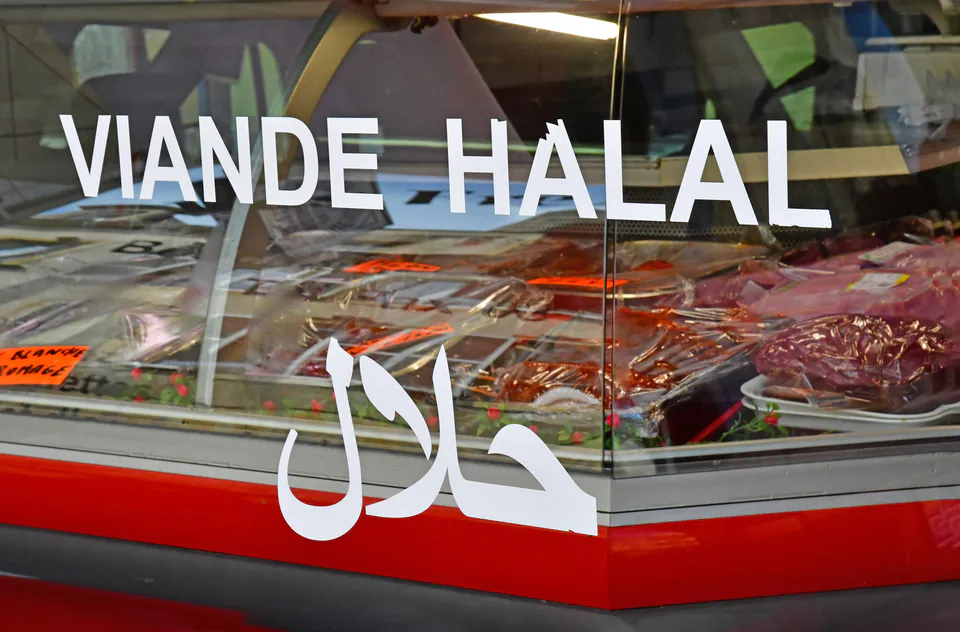
Things to Know About Halal Dining
When you're eating out in Budapest, keep these things in mind:
-
Certification: A lot of places are "halal-friendly" (Muslim-owned or mainly serving Muslims) but might not have official certification. If you need official certification, look for logos or just ask the manager about where they get their meat.
-
Alcohol: Many restaurants that say they're halal-friendly still serve alcohol, especially if they cater to different customers. If this bothers you, ask about their policy before you go.
-
Cross-Contamination: In places that serve both halal and non-halal food, there might be issues with shared cooking surfaces, utensils, or oil. You can ask about how they keep things separate, or just stick to fully halal places if you're worried.
Prayer Facilities
Finding places to pray is really important when you're traveling. Budapest has several mosques and Islamic centers that serve locals and visitors.
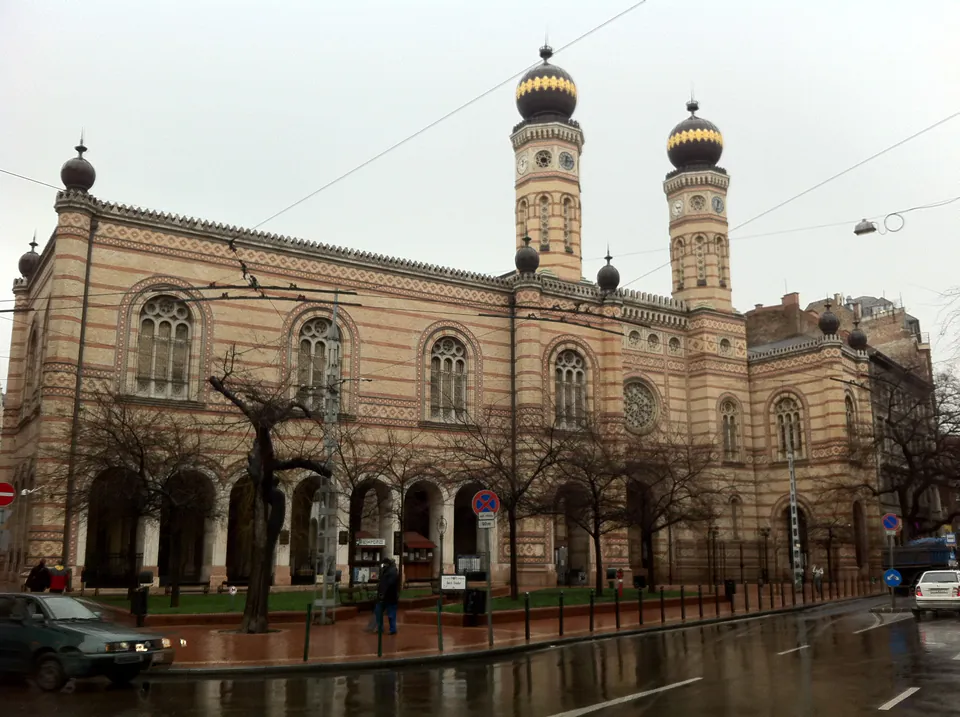
Mosques and Places to Pray
The Muslim community in Budapest is pretty small but diverse. There are people from Arab countries, Turkey, Iran, Africa, South Asia, and even some Hungarian Muslims. Several mosques serve this community:
-
Budapest Mosque (Budapest Mecset) - Fehérvári út 41, 1119 This is the biggest mosque in the city, run by the Organization of Muslims in Hungary (OMH). It has a huge prayer hall that goes across three floors and works as a community center too. They do Islamic education, lectures, charity work, and Arabic classes. Easy to get to by public transport and you can park there.
-
Masjid Al-Huda - Dobozi utca 1, 1081 (corner Teleki László tér 10) Also run by OMH. Really friendly place with community events and religious classes. They have facilities for women including prayer space and a place for ablutions. Accessible for disabled people too.
-
Masjid-Al Noor - Rákóczi út 84, 1071 Smaller mosque but it's right in the center. Really peaceful and they have space for women.
-
Masjid Dar Al-Salam - Bartók Béla út 29, 1114 Known for being really calm and having an active community with religious and cultural activities.
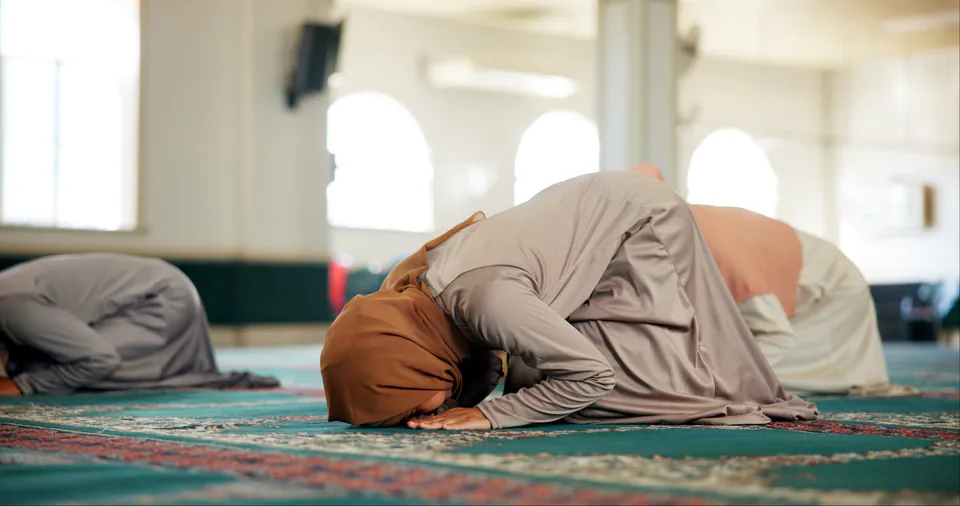
Praying at Budapest Airport
Budapest Airport has a "Room of Silence" on the mezzanine level of Terminal 2B, above where you drop off your bags. It's a multi-faith space for prayer, meditation, or just quiet time for travelers of any religion.
Just so you know, this isn't a dedicated Muslim prayer room. It doesn't have things you might expect like special wudu facilities, clear Qibla direction markers, or separate areas for men and women. If you need to do wudu, you'll probably have to use the regular restrooms.
Getting Accurate Prayer Times
For correct Salat times while you're in Budapest, use these reliable sources:
- Apps like Athan Pro, Muslim Pro, Pray Watch, Prayer Times & Qibla Finder, and Salah Pal
- Websites like Salahtimes.com, Mawaqit, and the Organization of Muslims in Hungary's site (Iszlam.com)
These apps and websites usually let you customize for different calculation methods (like Hanafi or Shafi'i timings for Asr prayer).
Visiting Mosques: How to Be Respectful
Mosques in Budapest usually welcome visitors, even non-Muslim tourists. To make sure you're being respectful:
- Dress Modestly: Cover your shoulders and knees. Women should cover their hair. They often have scarves you can borrow at the entrance.
- Take Off Your Shoes: Before you go into prayer areas. There are usually shelves for your shoes.
- Stay Quiet: Talk softly and turn off your phone.
- Respect Prayer Times: Don't visit during congregational prayers unless you're joining in.
- Follow Gender Separation: Many mosques have separate prayer areas for men and women.
- Photography: Taking photos of the building is usually okay (no flash), but don't photograph people while they're praying.
Cultural Climate and Interactions
Understanding what Hungary is like culturally can help Muslim travelers know what to expect and how to handle different situations.
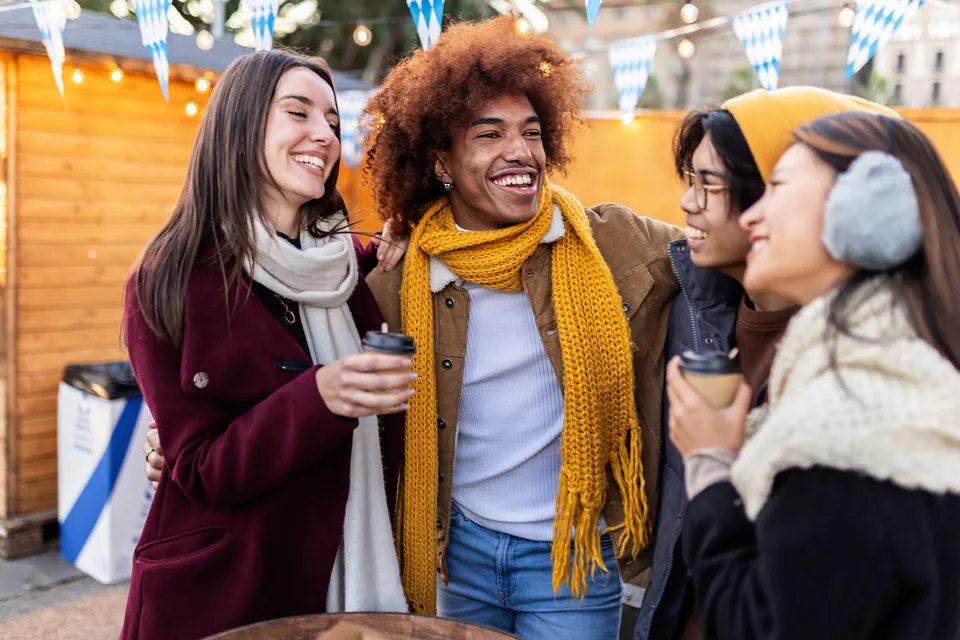
What Locals Think and Real Experiences
Hungary is pretty complicated when it comes to attitudes toward Muslims. The government has been really vocal against immigration, especially since 2015 during the refugee crisis. They often talk about Hungary defending "Christian Europe."
But here's the thing - this political talk often doesn't match what Muslim tourists and international students actually experience, especially in Budapest itself. Lots of people say the city is welcoming and diverse, particularly around university areas, and that locals are friendly.
This difference suggests that while there might be some underlying prejudices (made worse by political talk), day-to-day reality for tourists in cosmopolitan Budapest is often pretty positive.
Experiences really vary though. Some Muslim women, especially those wearing hijab, have had negative encounters like hostile stares or rude comments. But many visitors tell completely different stories - they feel totally safe even late at night and are touched by how kind strangers can be.
We've noticed reactions can be different between the capital and rural areas, where there's less exposure to diverse people. In Budapest, stares at visibly Muslim people might sometimes just be curiosity rather than hostility, since Muslims make up a very small percentage of Hungary's population.
Tips for Good Cultural Interactions
To help make interactions positive:
- Respect Local Ways: Follow Hungarian customs and laws, like basic etiquette such as waiting in line politely and keeping noise down in public.
- Learn Some Hungarian Words: Even just a few words like "hello" (Szia) or "thank you" (Köszönöm) show respect and people appreciate it.
- Understand Communication Styles: Hungarians can seem direct or a bit reserved at first, but that doesn't mean they're unfriendly.
- Be Open: If you're comfortable with it, chatting politely with curious locals can help clear up misunderstandings.
- Connect with Local Communities: Consider joining things like the "Muslim Walk" tour that's designed to help Muslims and non-Muslims talk to each other.
Dress Considerations
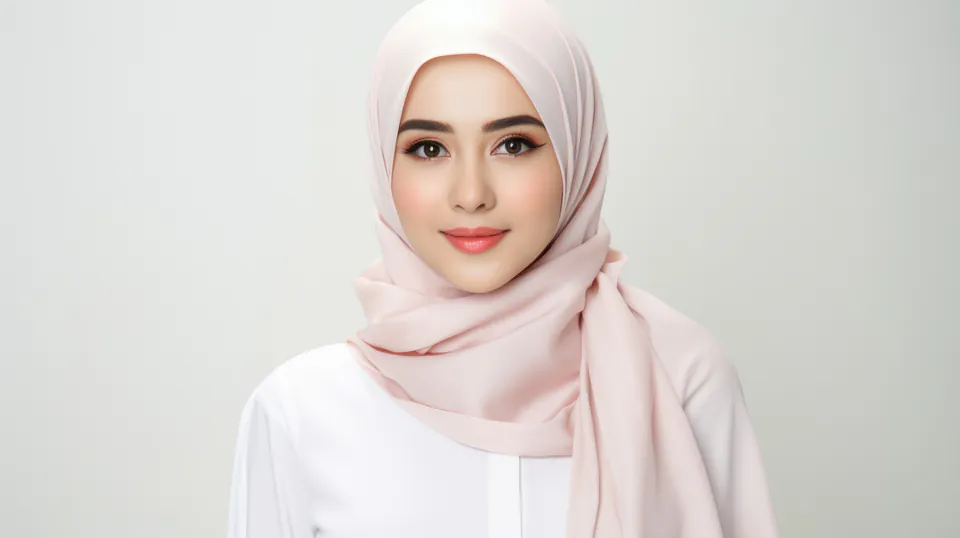
General Dress Tips
For most things in Budapest like restaurants, cafes, museums, or just walking around, smart-casual clothes work perfectly. Since Budapest is great for walking but has lots of cobblestone streets, comfortable shoes are a must.
When you visit religious places like St. Stephen's Basilica or the Great Synagogue, you need to dress respectfully and modestly. This usually means covering shoulders and knees for both men and women. We always carry a lightweight scarf or shawl that makes it easy to cover up when needed.
Wearing Hijab: What to Expect
Hungarian law protects freedom of religion, so wearing hijab is totally legal. But the social experience for women wearing hijab in Budapest can be different depending on the situation. Some report feeling completely comfortable, safe, and welcomed by friendly locals. Others have had negative reactions, from long stares to occasional verbal comments.
In areas with less diversity, stares might sometimes just be curiosity rather than hostility. We've found experiences are usually more positive in central Budapest compared to rural areas that are less diverse.
Thermal Baths and Modest Swimwear
Budapest's famous thermal baths have specific rules about what you can wear. Most major baths like Széchenyi and Gellért are now fully co-ed, so you need proper swimwear in all public areas.
The rules about burkinis and other modest swimwear have changed over time. Current policy at major baths says burkinis and full-coverage swimwear are allowed, as long as they're made of proper, quick-drying swimwear material. Regular clothes like cotton T-shirts or leggings aren't allowed in the pools.
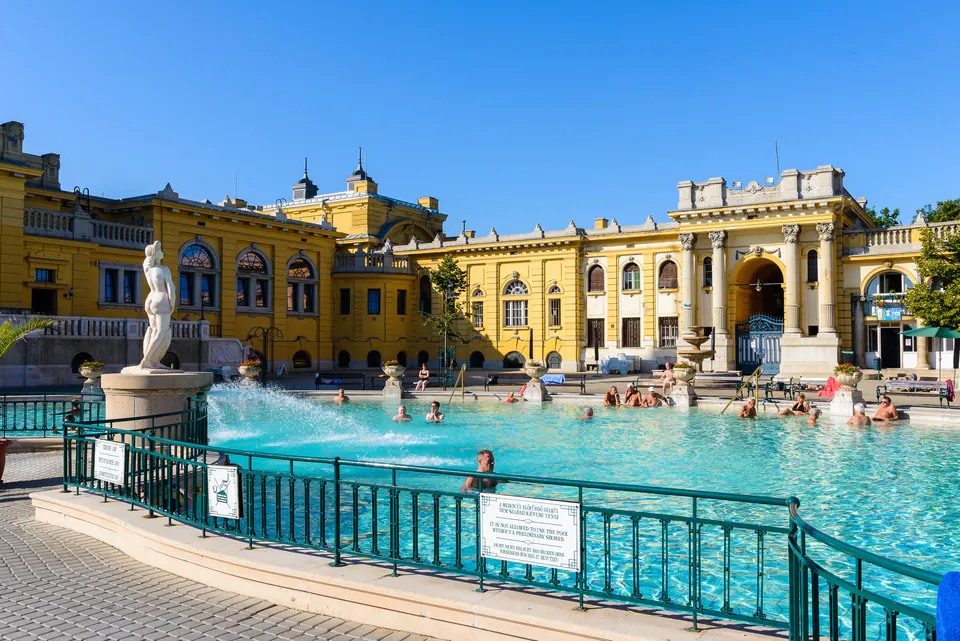
Even though these are the official rules now, enforcement might vary from place to place. If you're planning to wear a burkini, make sure it's made of standard swimwear fabric and check the official website of the specific bath right before your trip for the most current rules.
For women who want a more comfortable environment, Rudas Bath has women-only days (Tuesdays) and men-only days (Monday, Wednesday, Thursday, Friday), with weekends being co-ed.
Ottoman and Islamic Heritage
Beyond today's Muslim community and facilities, Budapest has real connections to its Ottoman past that are interesting for anyone curious about this period of history.
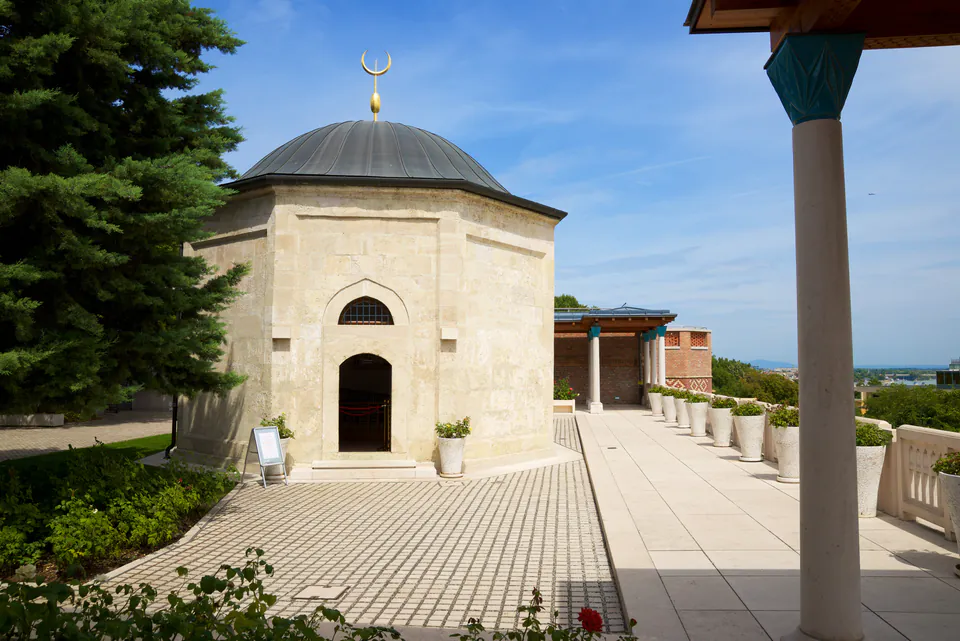
Historical Sites Worth Visiting
Several places in Budapest connect to the city's Ottoman or Islamic history:
-
Gül Baba Türbéje (Tomb of Gül Baba) - Mecset utca 14 This is the tomb of Gül Baba, a 16th-century Ottoman Bektashi dervish and poet known as the "Father of Roses." It's the northernmost Islamic pilgrimage site in Europe. You can see the tomb (through a grate), beautiful terraced rose gardens, exhibition space, and there's a café. Open Tuesday-Sunday 10:00-18:00 and the garden and exhibition are free.
-
Rudas Thermal Bath - Döbrentei tér 9 A 16th-century Ottoman bath that Sokollu Mustafa Pasha commissioned. Has an original octagonal pool under a big dome. Still works today, mixing its historic center with modern wellness stuff.
-
Király Thermal Bath - Fő utca 84 One of the oldest Turkish baths from the 16th century, built inside castle walls so people could use it during sieges. Currently closed for major reconstruction.
-
Veli Bej Bath (Császár Baths) - Árpád fejedelem útja 7 A beautiful 16th-century bath that Sokollu Pasha commissioned. Restored and reopened after being closed for decades. Has the original Turkish pool plus modern amenities.
-
Monument of Abdurrahman Abdi Pasha - Anjou Bastion, Buda Castle District A memorial stone marking where Abdurrahman Abdi Arnavut Pasha, the last Ottoman governor of Buda, died during the siege of 1686. Located on the northern fortifications of Buda Castle, near Vienna Gate.
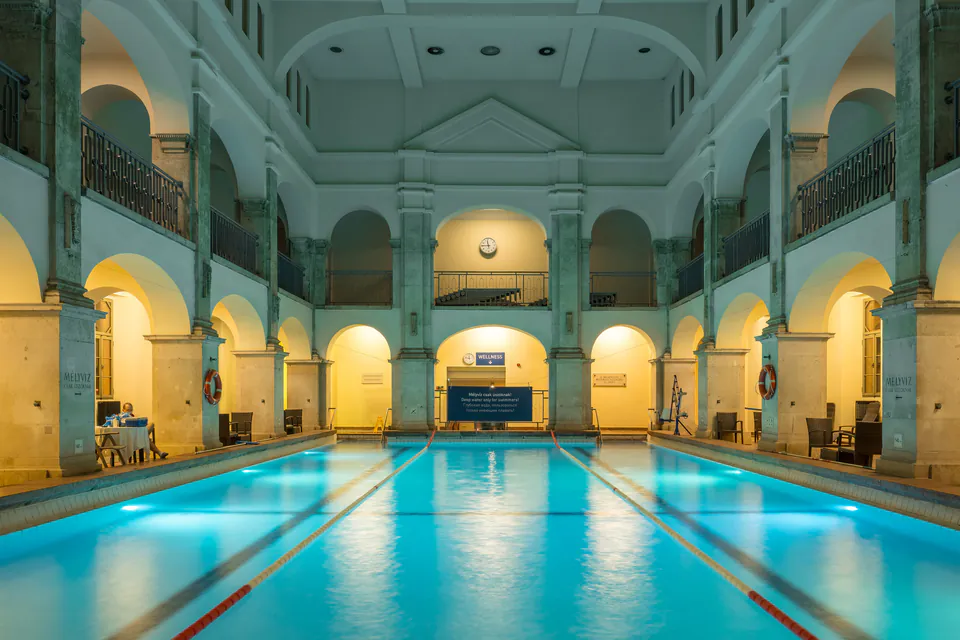
Safety Considerations
Budapest is considered a really safe city for tourists, with low violent crime rates. But like any major European capital, being aware of potential problems is important for a trouble-free visit.
General Safety Tips
-
Petty Crime: Watch out for pickpocketing and bag-snatching in crowded places, including busy public transport, train stations, popular markets, and touristy areas. Keep your stuff secure, don't flash large amounts of cash, and only carry what you really need.
-
Common Scams: Be aware of restaurant/bar overcharging, unofficial taxis, street money exchange offers, and drink spiking. Only use licensed taxi companies or reliable ride-hailing apps, exchange money at official places, and always keep your drinks in sight.
-
ID Requirements: Hungarian law says you have to carry official ID (passport for tourists) at all times. Police can ask to see it, and a photocopy usually isn't good enough.
Specific Things for Muslim Visitors to Consider
While Budapest is generally safe for tourists, some specific awareness for visibly Muslim visitors is smart. Reported incidents mainly involve verbal comments or stares, particularly at women wearing hijab. Physical attacks are considered rare.
The main safety concerns for Muslim travelers are the same as for all tourists: watching out for petty crime and scams. But staying aware of your surroundings and being careful in interactions is smart, especially if you're visibly identifiable as Muslim.
Emergency Contacts
In case of emergency:
- General European Emergency Number: 112 (connects to police, ambulance, fire; English-speaking operators available)
- Tourist Police Helpline (24-hour): +36 1 438 8080 (for crime victims, connects to English-speaking representative)